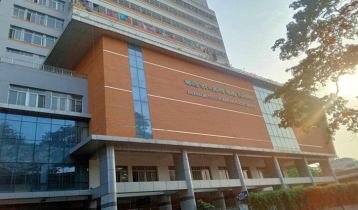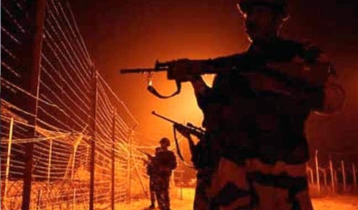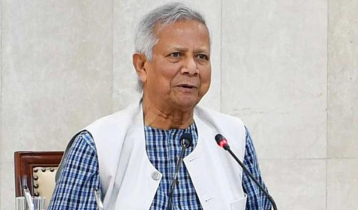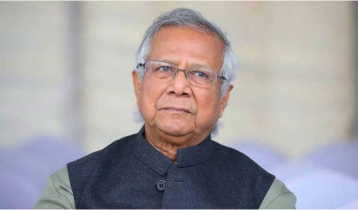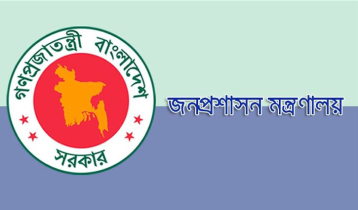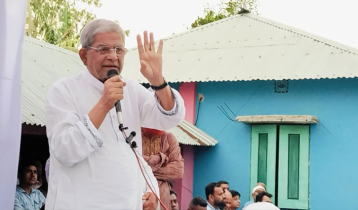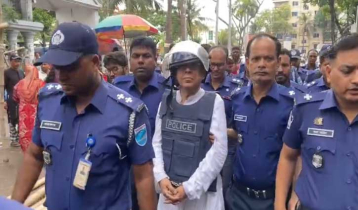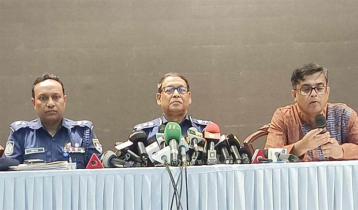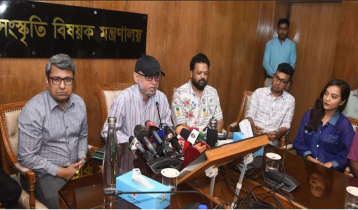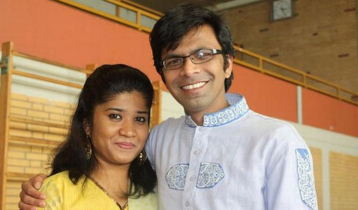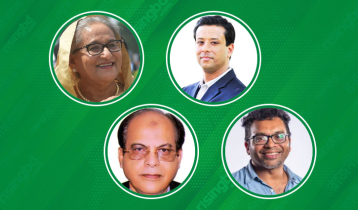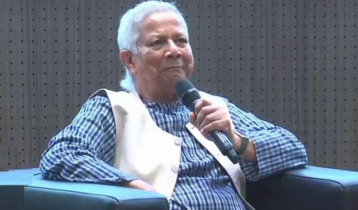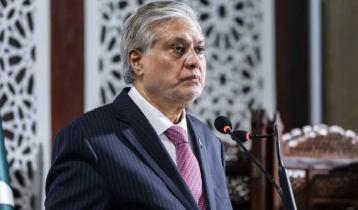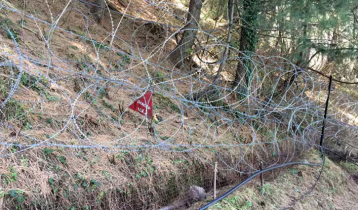Corporal punishment holding back Bangladesh
8 || risingbd.com

Sir Frank Peters: If, as they say ‘ignorance is bliss’, Supreme Court justices Md. Imman Ali and Md. Sheikh Hassan Arif have profuse apologies to make to the entire nation, especially some ‘teachers’ for banning corporal punishment in schools and madrasahs and spoiling their blissful state.
A state of ignorance is a peaceful state of mind, as valuable as gold. The ignorant don’t need to think, take onboard other opinions and to evaluate the differences. To some ignorance is a virtue.
There is some truth in the saying ignorance is a blessing. Only when someone interferes with it, does it become a problem. The ignorant know they’re always right because… well… they’re ignorant!
Imagine the furor created on January 13, 2011, in Bangladeshi schools and madrasahs, when the learned justices Md. Imman Ali and Md. Sheikh Hassan Arif slammed their gavels on their aging chipped walnut High Court bench and screamed “NO00000!” in unison to the inhuman beating of Allah’s children.
In their summary they said corporal punishment was:
"cruel, inhuman and degrading treatment and a clear violation of a child's fundamental right to life, liberty and freedom".
Those immortal words have since echoed across the globe inspiring other nations to break the horrific inhuman practice and lead to their becoming civilized.
Governments worldwide can shout from their highest rooftops in ear-deafening tones that ‘children are our future’ and they would be as right and accurate as the saying ‘morning follows night’.
There’s no doubt, children are our future – they’re the future of every country. What we all hope never to hear is an addendum like; “… and God help us all”.
There are many, many problems (financial and otherwise) facing the average family in Bangladesh. Many of the problems cannot be addressed with speed because they are so diverse and unique.
There’s one problem, however, that can be eliminated by a mere change of attitude and enforcement of law – corporal punishment. Eradicating corporal punishment from schools, homes and madrasahs can make an enormous difference to the welfare and growth of the individual and benefit the nation incalculably.
Any nation that’s ever woken up to the fact and voiced the phrase ‘children are our future’ is morally bound to eliminate the curse of corporal punishment from within their borders at any cost – no excuses.
Slow poison
Corporal punishment is a slow poison, more potent and destructive than DDT ever was. It may take years for its ill effects to show, but its fermentation towards destruction process begins from the first abuse.
Jails, youth reform homes, and mental institutions are full with people who were victims of corporal punishment abuse.
The ‘lucky’ ones are those who have the money and can reach for their prescriptive multicoloured capsules to address their depression and other mental torments. Most times, they’re so far gone; they can’t relate their illness to their bad childhood experiences.
Understandably, and you can’t blame them, they’ve pushed those horrifying memories to the back of their mind to be locked away in isolation forever, hoping they will never see the light of day again.
While corporal punishment is generally seen as an abusive attack on an individual, that’s only some of the truth. All of us – individually and collectively – may become victims (if we haven’t already).
While we may not have any broken children/adults or drug addicts in our social circle, we know they are there. Otherwise why would people all over Dhaka and Chittagong, for example, waste so much money putting ugly iron grills on windows and becoming prisoners in their own homes and apartments, even 10/15-floors up?
When our TV sets, computers, laptops, mobile phones and other valuables go missing; we know we’ve visited. But can we really blame them for their unsocial behaviour when government-salaried ‘teachers’ paid from national revenue taxes, instilled their behaviour by initiating violence and disrespect in the schools and madrasahs during their most vulnerable and formative years?
When a child makes a mistake, most times an ignorant ‘teacher’ or parent will beat him or her. Why?
It certainly isn’t to discipline the youth because punishment is not discipline and achieves only an outcome of seething hatred and vengeance.
While on that subject, why are children not allowed to make mistakes, but adults are?
Mistakes are readily acceptable to grown-ups, inside and outside the work place. Adults make them all the time. Our beloved Prime Minister Sheikh Hasina makes mistakes. Members of her cabinet make mistakes and they don’t get beaten.
So why the most vulnerable members of our society – the children – be beaten? It’s unjust and doesn’t make sense.
The answer, of course, is ignorance. If ignorance didn’t exist there would be no corporal punishment in schools, madrasahs and homes.
When Supreme Court justices Md. Imman Ali and Md. Sheikh Hassan Arif banned the use of corporal punishment in schools and madrasahs, they were drawing a thick red line under the ignorance and mistakes of the past, asking/telling the ‘teachers’, imams and parents to do the same and to move forward shoulder-to-shoulder in helping to create a Sonar Bangla… a better Bangladesh through proper education and enlightenment.
Good education, undoubtedly, is the best investment any government can make in its people. It never falters, fails, or takes a vacation and it produces dividends for eternity.
Good education is the solid foundation of every nation and if Bangladesh doesn’t succeed in eliminating corporal punishment in its entirety from the education system, the much talked about and much-hyped Bangabandu’s Sonar Bangla dream is nothing more than a pipe dream.
For any dream to be given any chance to come true, the dreamer must first wake up. Bangladesh needs to wake up to the flaws within the education system and work towards accomplishing Bangabandu’s magnificent dream of a Sonar Bangla.
And that’s a dream worth pursuing.
Good luck to Education Minister Dr. Dipu Moni in that noble pursuit.
(Sir Frank Peters is a former newspaper and magazine publisher and editor, a royal goodwill ambassador, humanitarian, and a respected foreign non-political friend of Bangladesh. He designed an awe-inspiring poster in tribute to Bangabandhu that is seen by many to be the Proclamation of Bangladesh. Three Bangladeshi babies have been named ‘Frank Peters’ in his honour.)
Dhaka/Nasim
risingbd.com









